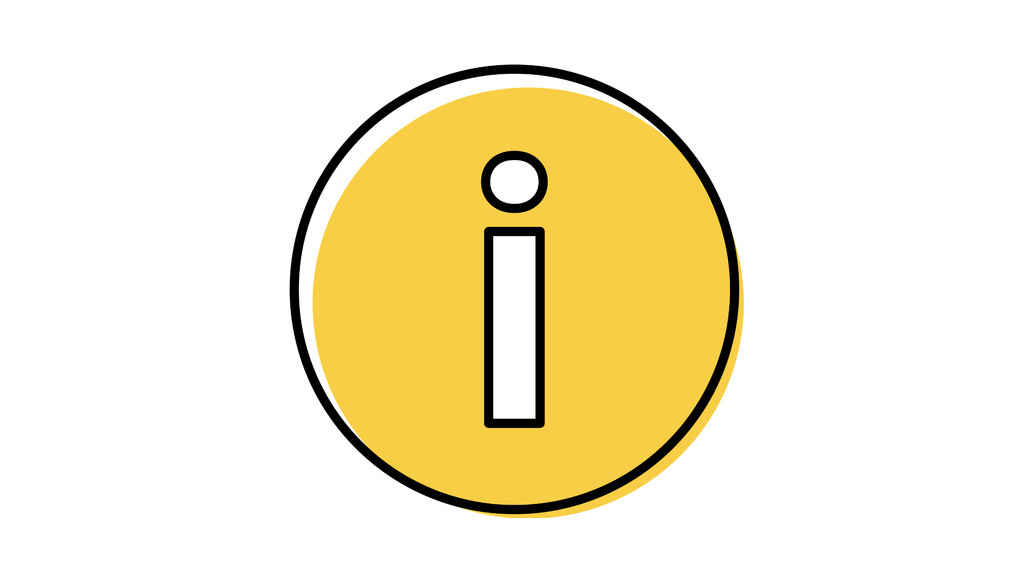MORL Screening Methodology
Liposome-based immunoassay
Sample Requirements
- 1ml frozen serum
Sample Stability
- Serum samples must be frozen to below -80°C immediately after separation from cells and shipped on dry ice. These samples remain viable for at least six months when stored at -80°C.
Shipping Requirements
- All serum samples MUST be processed and frozen down to -80°C immediately after collection
- Labeled with the sample type AND patient’s name, DOB, MRN and sex
- Cryovials should be put in zip lock bags and completely covered in dry ice to keep the sample frozen until it arrives in the lab
- Shipped overnight on at least 5 lbs of dry ice
- Shipping and receiving dock closed on weekends and holidays
- Deliveries accepted Monday - Friday
If samples arrive thawed they will be REJECTED.
Indications for Testing
Dense Deposit Disease; C3 Glomerulonephritis and atypical Hemolytic Uremic Syndrome
CH50 measures total hemolytic activity of the classical and terminal pathways using sensitized sheep erythrocytes. CH50 can be low if complement components in the classical pathway (C1, C4, C2, C3) or terminal pathway (C5 through C9) are reduced or absent. Since most patients with C3G (especially DDD) have exceedingly low plasma C3 levels, their CH50s are also typically low.
Background Information
Background Information
CH50 serves as a screening assay for complement activity and uses an immunoassay system that includes liposomes encapsulating glucose-6-phosphate dehydrogenase (G6PDH) to mimic an invading microorganism. Upon addition of a serum sample, antibodies in the reagent attach to the liposome surface and activate complement leading to lysis. The released G6PDH then reacts with glucose-6-phosphate and NAD, resulting in a change in sample absorbance. This change is directly proportional to the complement activity in the sample.
The CH50 assay quantifies the total complement activity of both the classical and terminal complement pathways. A low CH50 result may indicate reduced or absent complement components in the classical pathway (C1, C4, C2, C3) or the terminal pathway (C5 through C9). Given that most patients with C3 glomerulopathy (especially Dense Deposit Disease) exhibit markedly low plasma C3 levels, their CH50 values are typically diminished as well.
The Clinical Diagnostics Service of the Molecular Otolaryngology and Renal Research Laboratories is a Joint Commission-approved CLIA-accredited diagnostic laboratory.

